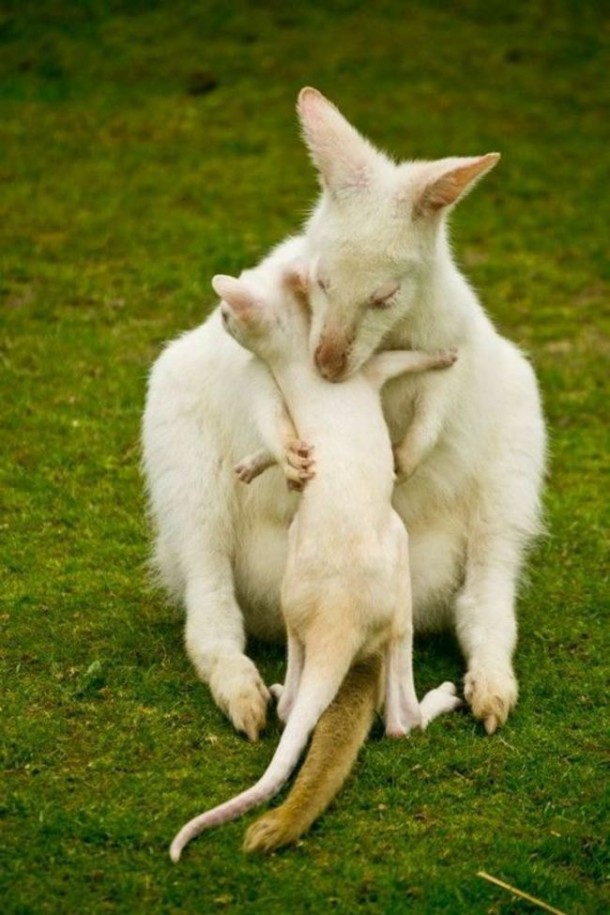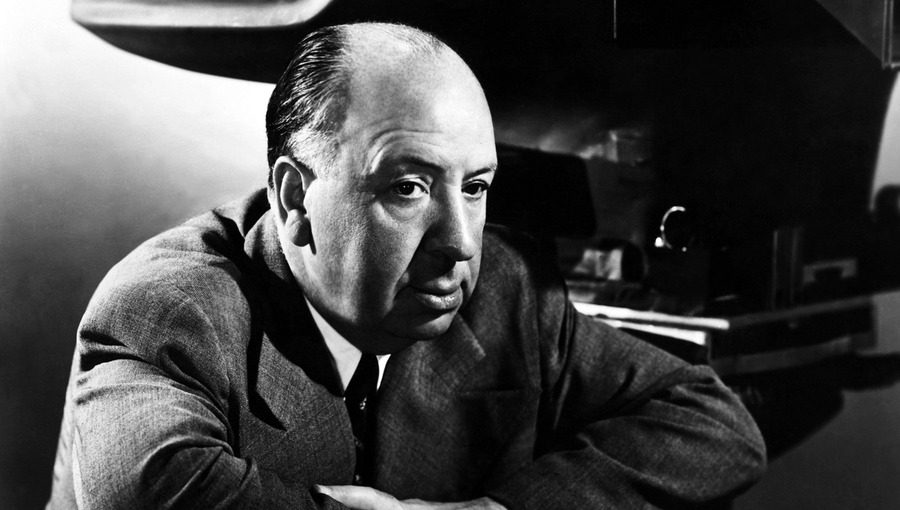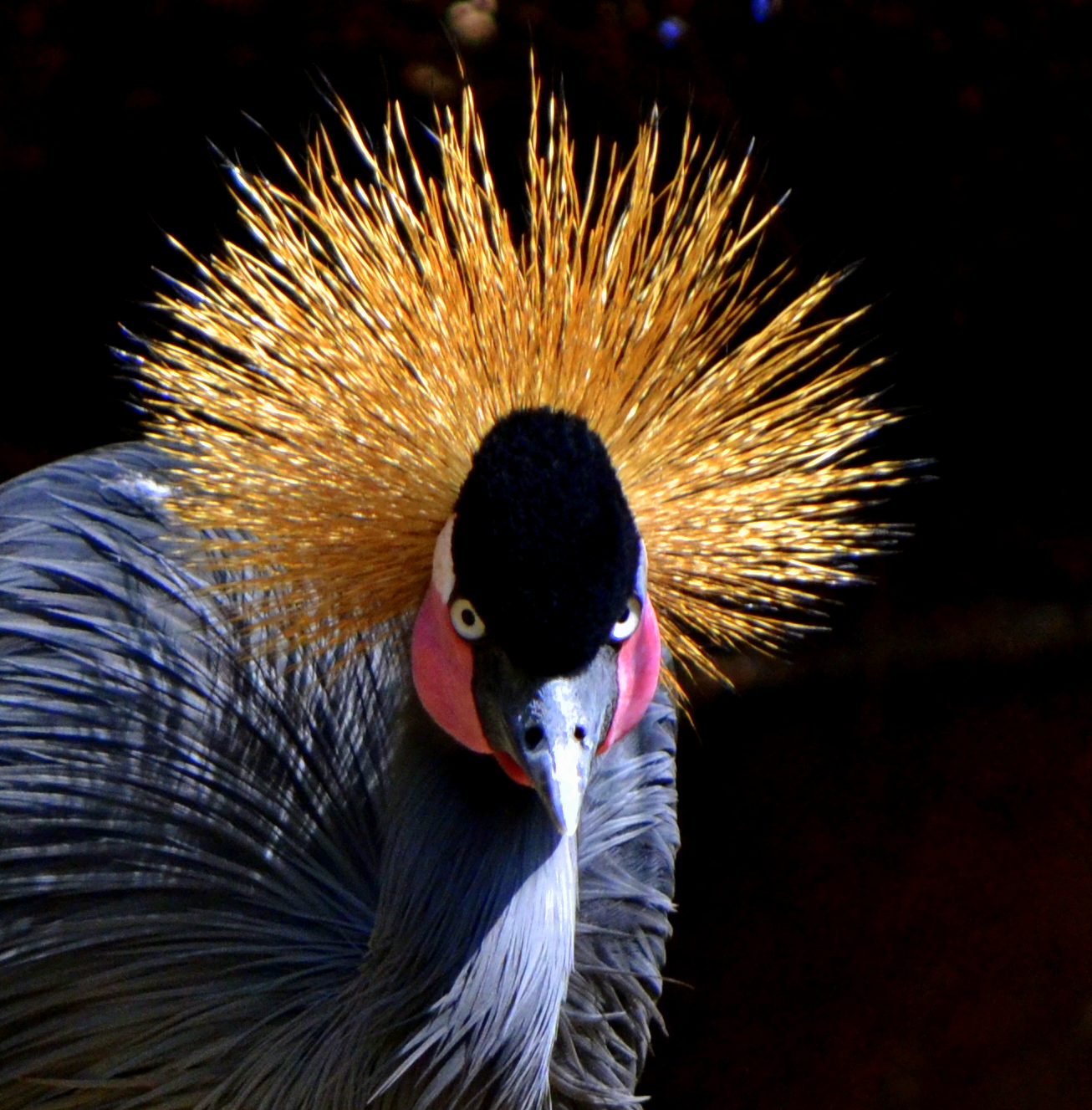The very essence of literature is the war between emotion and intellect, between life and death. When literature becomes too intellectual — when it begins to ignore the passions, the emotions — it becomes sterile, silly, and actually without substance.
—Isaac Bashevis Singer, born in 1902
Venice Has Become A Replica Of Itself

Today, visitors outnumber Venetians by 140 to 1. If tourism development continues apace, the city center may soon have no residential lodging at all. Among the institutions that have closed since 2000 along the Grand Canal: the National Research Council, the Mediocredito bank, the transport authority, the local education agency, the German Consulate. Souvenir shops have replaced grocery stores. Luxury hotels have replaced medical offices. “A tourist monoculture now dominates a city, which banishes its native citizens and shackles the survival of those who remain to their willingness to serve.”
How To Teach Shy 1984 Now (It Isn’t Pretty in Many Crazy Theatrical Lattitudes)
Basically, yikes: “If a student asks about the point of it all, I ask him why no one else seems to have the same concern. I get louder. I get meaner. I give students points for alerting me to the sources of dissent. Eager to shore up their grades, gleeful at the chance to tweak friends and possibly enemies, a few students furtively hand over notes after classes.”
Losing your mind is a strange kind of fetishization. Woolf, Plath, Hemingway, Wallace. How should we think about the relationship between creativity and illness? Hemingway
The psychology of chicanery. We are all virtuoso novelists of our own identity, and, at times, confabulators. But how to create good stories? Chicanery
Research Reveals Six Story Arcs We All Respond To
They examined 1,327 stories from Project Gutenberg’sfiction collection — all English-language texts between 20,000 and 100,000 words — using three language processing filters. In the end, they found “broad support for the following six emotional arcs…”
Photography was still a young technology in 1863, when the image of a whip-scarred slave made clear that a photograph can change minds in a way that words cannot

Words: The world map of every country’s tourism slogan
"There is a crack in everything, that’s how the light gets in...”
"The way that male critics write about women is always a little funny," says Zadie Smith. "It’s part romantic, part corrective, part 'now listen, young lady..."“In times of strife, we have our imagination, we have our creative impulse, which are things that are more important than material things. They are the things that we should magnify.”

The testing ground for courage, as for love, is often crisis — those trying and troubled times which are precisely when artists must go to work and during which our true strength of character is
revealed. Whyte writes:
Crisis is unavoidable. Every human life seems to be drawn eventually, as if by some
unspoken parallel, some tidal flow or underground magnetic field, toward the raw, dynamic essentials of its existence, as if everything up to that point had been a preparation for a meeting, for a confrontation in an elemental form with our essential flaw, and with what an individual could until then, only receive stepped down, interpreted or diluted.This experience … where the touchable rawness of life becomes part of the fabric of the everyday, and a robust luminous vulnerability, becomes shot through with the necessary, imminent and inevitable prospect of loss, has been described for centuries as the dark night of the soul: La noche oscura del alma. But perhaps, this dark night could be more accurately described as the meeting of two immense storm fronts, the squally vulnerable edge between what overwhelms human beings from the inside and what overpowers them from the outside.[…]Walking the pilgrim edge between the two, holding them together, is the hardest place to stay, to breathe of both and make a world of both and to be active in their exchange: aware of our need to be needed, our wish to be seen, our constant need for help and succor, but inhabiting a world of luminosity and intensity, subject to the wind and the weather, surrounded by the music of existence, able to be found by the living world and with a wild self-forgetful ability to respond to its call when needed; a rehearsal in fact for the act of dying, a place where inside and outside can reverse and flow with no fixed form.
Whyte’s Consolations remains one of the most beautiful and consolatory books I’ve ever encountered, the kind with which each repeated encounter is always new and always regenerative. Complement this particular portion with Rebecca Solnit on resisting the defeatism of despair and Albert Camus on what it means to be a rebel.
Career Corner, Holiday Party Socializing With No Regrets Afterwards (Bryce Sanders, Going Concern). “Your own workplace party is like living in a fishbowl. You feel required to show up but having much fun is often out of the question.”
The Complete Works of Primo Levi, in three volumes, edited by Ann Goldstein. By no means is all of this fiction, but I will put these books in this category. A revelation, as Levi has more works of interest, and a broader range of intellect and understanding, than I had realized. There is plenty of linguistics, economics, history, and social science in these literary pages as well as consistently beautiful writing and superb translations. This is technically from 2015, but I missed it last time around

Elena Ferrante, Frantumaglia. A revealing mismash look into the mind of the author, giving you an integrated picture of her world view, with carefully calculated feints thrown in. I should note this one works only if you know and love her novels already. Ferrante’s “children’s” story The Beach at Night is also worthwhile, very dark, you can read it in a small number of minutes. Here is a good NYT review
Jean-Michael Rabaté, Think Pig! Beckett at the Limit of the Human. This work of criticism is grounded in literary theory, but informative and smart nonetheless
Michael Orthofer, The Complete Review Guide to Literary Fiction. An amazingly comprehensive and informative work, mostly about literature in translation, from the creator of the Literary Saloon blog about fiction. I liked it so much I decided to do a Conversation with Michael Orthofer. If you could own only ten works on literature, this should be one of them
Jean-Michael Rabaté, Think Pig! Beckett at the Limit of the Human. This work of criticism is grounded in literary theory, but informative and smart nonetheless
Michael Orthofer, The Complete Review Guide to Literary Fiction. An amazingly comprehensive and informative work, mostly about literature in translation, from the creator of the Literary Saloon blog about fiction. I liked it so much I decided to do a Conversation with Michael Orthofer. If you could own only ten works on literature, this should be one of them




